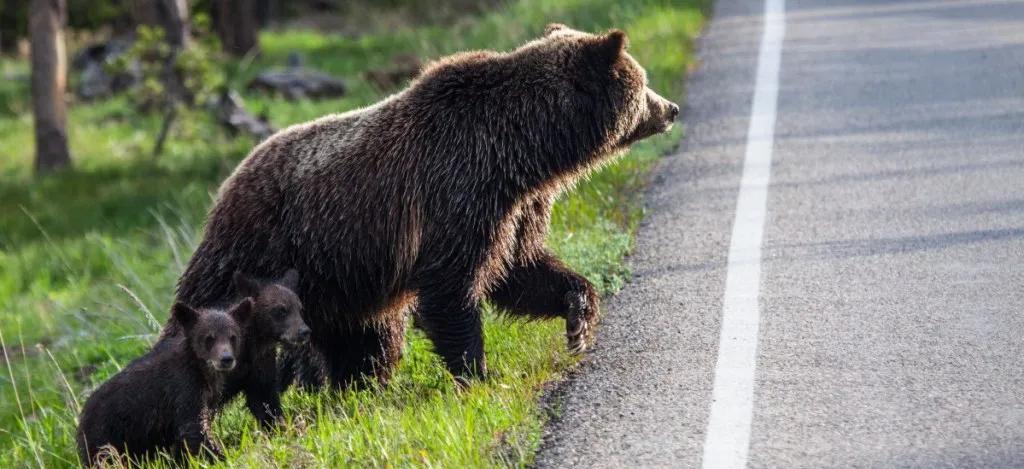ZHUOXI, Taiwan — On a recent moonless night, the smell of damp earth filled the air as hunters walked through dense mountains, hand-held rifles in hand, relying solely on a thin white light from headlamps to hunt for prey.
But William the Hunter was confident. He knows the terrain very well.
The 70-year-old has been hunting in the land for more than 60 years. He is a bunun, one of 16 officially recognized indigenous groups in Taiwan.
Growing up in Zhuoxi Township, a town of about 6,000 people in eastern Taiwan, his earliest memories include going hunting in the mountains with his father, where he learned skills essential to the Bunun people, such as how to set traps, fight flying squirrels, and peel wild boars.
William said in the yard of his home in Cho Creek, known in Bunun as Dry Creek, "We will kill them, but we also respect their lives." ”
Behind him is a visual proof of decades of hunting: barking antlers, wild goat skulls, flying squirrel skins, a monkey specimen. He took a booty from his most prized prey: a wild boar head, still covered with rough black mane.
This wild boar's head was twice as large as William's. "It's so big," he exclaimed as he embraced it.
For thousands of years, Taiwan's indigenous people have rarely been disturbed in their hunting and fishing activities. Later, about four hundred years ago, a wave of colonial settlers from Europe and later the Empire of Japan began to arrive, leading to frequent violent clashes. Eventually, indigenous peoples were forced to curtail their hunting traditions, culturally and linguistically assimilated, and to renounce their land rights.
Today, there are about 580,000 indigenous people in Taiwan, accounting for about 2% of the vast majority of the Han population.
Taiwan's Constitutional Court is reviewing a case involving a Bunun man sentenced to three and a half years in prison in 2015 for hunting protected animals with illegal firearms. Wang Guanglu said he was following tribal customs, hunting for his mother who was sick with wild game. Since the verdict had been appealed, Wang Guanglu did not serve his sentence.
Scholars and activists say the outcome of Wang Guanglu's case could have a major impact on Taiwan's aboriginal movement. The court is expected to issue its interpretation of the state of Aboriginal hunting culture next month.
His supporters say that if the ruling supports Wang Guanglu, it will accelerate the push for land rights and strengthen autonomy.
They also have to apply for a permit, a process that involves answering questions that some hunters find ridiculous. Asking hunters, for example, what animals they intend to hunt is considered an insult to indigenous beliefs that animals are gifts from ancestors.
Although the implementation of the law has been uneven, arrests have occurred from time to time over the years. So to be on the safe side, Pia, 62, said he still had to apply for a gun license even though he had been hunting since he was a teenager.
"It's weird, we've lived in the mountains for so long, why do we have to register these?" Pia said. "The feeling is that they don't agree with the Indigenous way of life."
Conservationists argue that easing such restrictions would cause catastrophic damage to the environment and wildlife, while animal rights advocates condemn what they see as cruel. But those who maintain local hunting traditions point out that aborigines have been the guardians of Taiwan's environment for thousands of years, and that professionalism should be respected.
Da Zhuang, a police officer dealing with indigenous issues in nearby Yuli Town, said that while hunting laws are necessary to curb extreme behavior, cultural taboos on hunting are deeply ingrained and there is no need for close external supervision.
One recent evening, William, a 70-year-old hunter, returned to the forest, striding up the mountain, knowing that in the woods between the mountains, newly ripe olives were already full of branches— a favorite snack for sambar deer and wild boars.
William found a small wild boar struggling in a trap. According to tribal customs, it is still too small to kill.
He wrapped it in his shirt and returned home for a dinner feast—stewed bamboo shoots and venison soup.
But before you eat, you need to thank your ancestors. Dipped his fingers in a bowl of rice wine and sprinkled a few drops on the wild boar struggling in the rusty cage. Later, the wild boar was handed over to a relative and needed to be fed for a few more years.
"We are very happy today," they chanted in Bunun. "Thank you to our ancestors and the mountain gods, thank you for the food you gave us."
